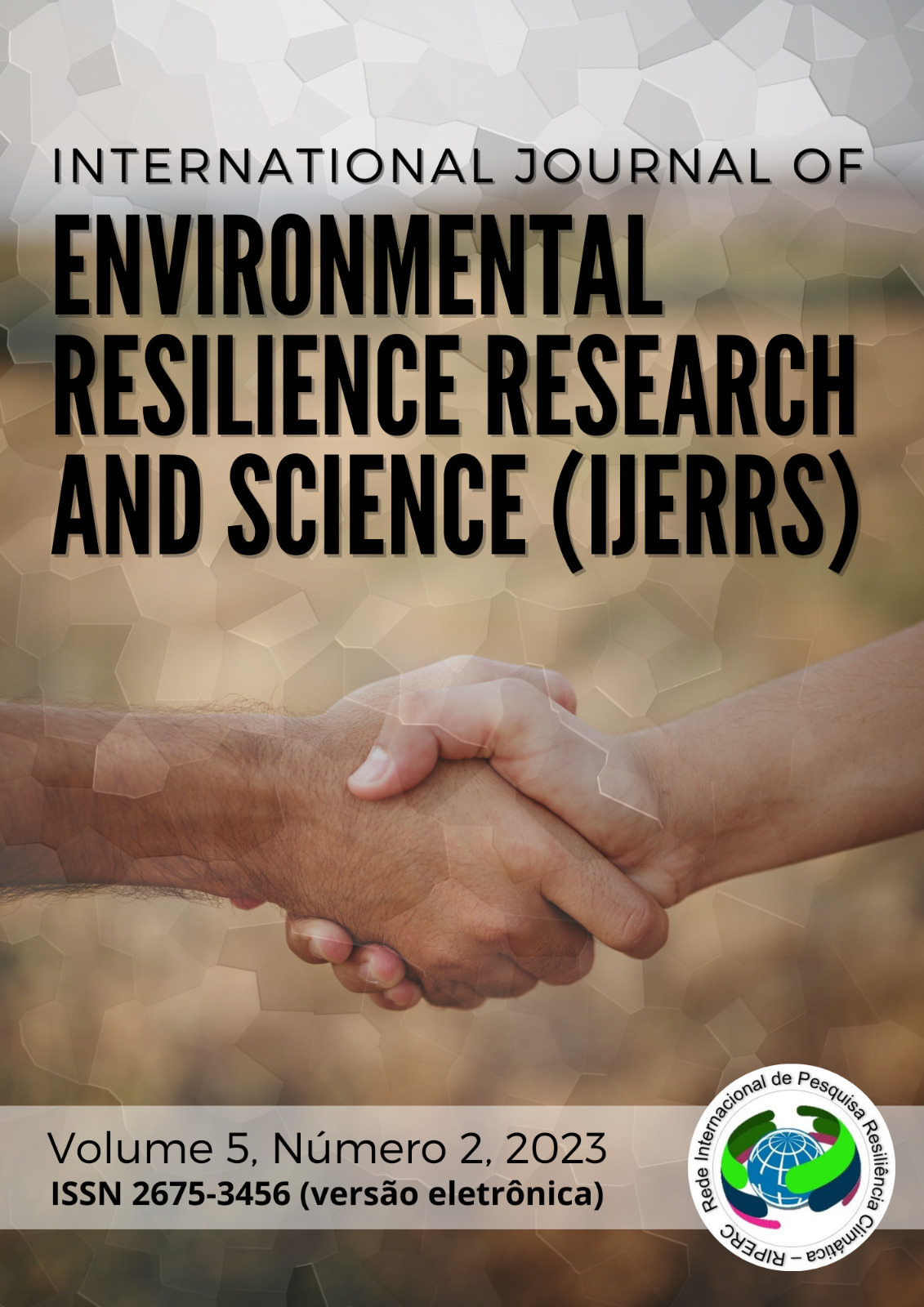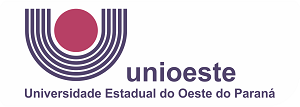Las Contribuciones Patrístico-Agustinianas a la Crisis Ambiental Contemporánea.
DOI:
https://doi.org/10.48075/ijerrs.v5i2.32106Resumen
Resumen: Esta investigación está compuesta por dos partes distintas y relacionadas. La primera busca demostrar que el problema ecológico es una realidad contemporánea que ha surgido en la segunda mitad del siglo pasado. En el ámbito de los estudios teológicos, no es diferente, la Ecoteología es un enfoque reciente. Además, la entrada de la teología en el debate ecológico también tiene una dimensión apologética: para algunos ecologistas, la actual crisis ecológica tiene sus raíces en la tradición judeocristiana. La segunda parte aborda las contribuciones Patrístico-agustinianas a los debates en torno a la crisis ambiental contemporánea. La investigación es bibliográfica, utilizando fuentes primarias y secundarias. Dado la imposibilidad de encontrar en los escritos de los Padres de la Iglesia tratados amplios y específicos sobre la Ecoteología. Sin embargo, es posible encontrar en la patrística principios filosóficos, éticos y teológicos que regulan la relación entre el hombre y la naturaleza, los cuales no solo son conciliables con los modelos actuales de desarrollo sostenible, sino que los fundamentan y los confirman. Dado que un enfoque completo del pensamiento ecológico de los Padres es imposible, este trabajo de investigación se centrará en algunos puntos de la doctrina de Ireneo, Basilio y, principalmente, Agustín.
Descargas
Publicado
Cómo citar
Número
Sección
Licencia
Derechos de autor 2023 International Journal of Environmental Resilience Research and Science

Esta obra está bajo una licencia internacional Creative Commons Atribución-NoComercial-CompartirIgual 4.0.
Aviso de Direito Autoral Creative Commons
Política para Periódicos de Acesso Livre
Autores que publicam nesta revista concordam com os seguintes termos:
1. Autores mantém os direitos autorais e concedem à revista o direito de primeira publicação, com o trabalho simultaneamente licenciado sob a Licença Creative Commons Attribution que permite o compartilhamento do trabalho com reconhecimento da autoria e publicação inicial nesta revista.2. Autores têm autorização para assumir contratos adicionais separadamente, para distribuição não-exclusiva da versão do trabalho publicada nesta revista (ex.: publicar em repositório institucional ou como capítulo de livro), com reconhecimento de autoria e publicação inicial nesta revista.
3. Autores têm permissão e são estimulados a publicar e distribuir seu trabalho online (ex.: em repositórios institucionais ou na sua página pessoal) a qualquer ponto antes ou durante o processo editorial, já que isso pode gerar alterações produtivas, bem como aumentar o impacto e a citação do trabalho publicado (Veja O Efeito do Acesso Livre).
Licença Creative Commons
Esta obra está licenciada com uma Licença Creative Commons Atribuição-NãoComercial-CompartilhaIgual 4.0 Internacional, o que permite compartilhar, copiar, distribuir, exibir, reproduzir, a totalidade ou partes desde que não tenha objetivo comercial e sejam citados os autores e a fonte.









